The Best Moment To Start Is Now: Roemello on Battling Perfectionism
The artist discusses our merch drop collab and how he’s learning to share his work in spite of insecurities.
Written by Esther Fernandez
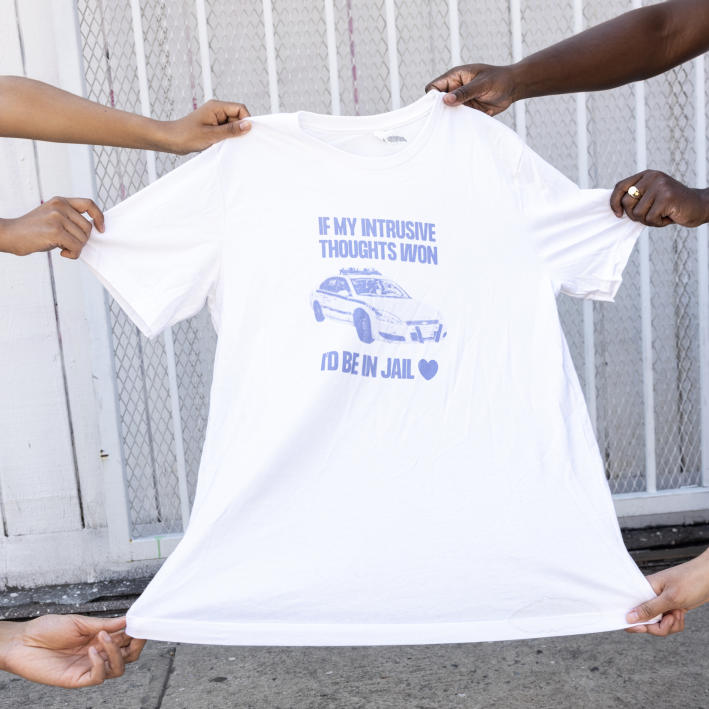
01 Roemello is a 28-year-old graphic designer based in NYC. We partnered with him for our latest mental health merch drop, available now.
02 He chatted with us about his thought process behind designing merch, how a project during the pandemic changed his approach to art, and more.
Hey! Thanks for taking the time to chat. Before we start, we want to say a HUGE thank you for helping us design our Mental Health Month merch, which we’ll get into in a sec.
First, can you introduce yourself and tell us a bit more about the creative work you do?
Thanks for having me! I’m Roemello Agjmurati, and I’m a 28-year-old graphic designer based in Staten Island, NYC. My foundation in graphic design comes from my high school years, playing in an emo/punk band and making all of our merchandise and flyer designs. That later led me to study design at the School of Visual Arts NYC. My current corporate hat is a product designer, working for companies like Yahoo and Walmart. I’ve designed interactive articles and some AR experiences, which is fun, because I’ve got a big interest in tech and UI/UX.
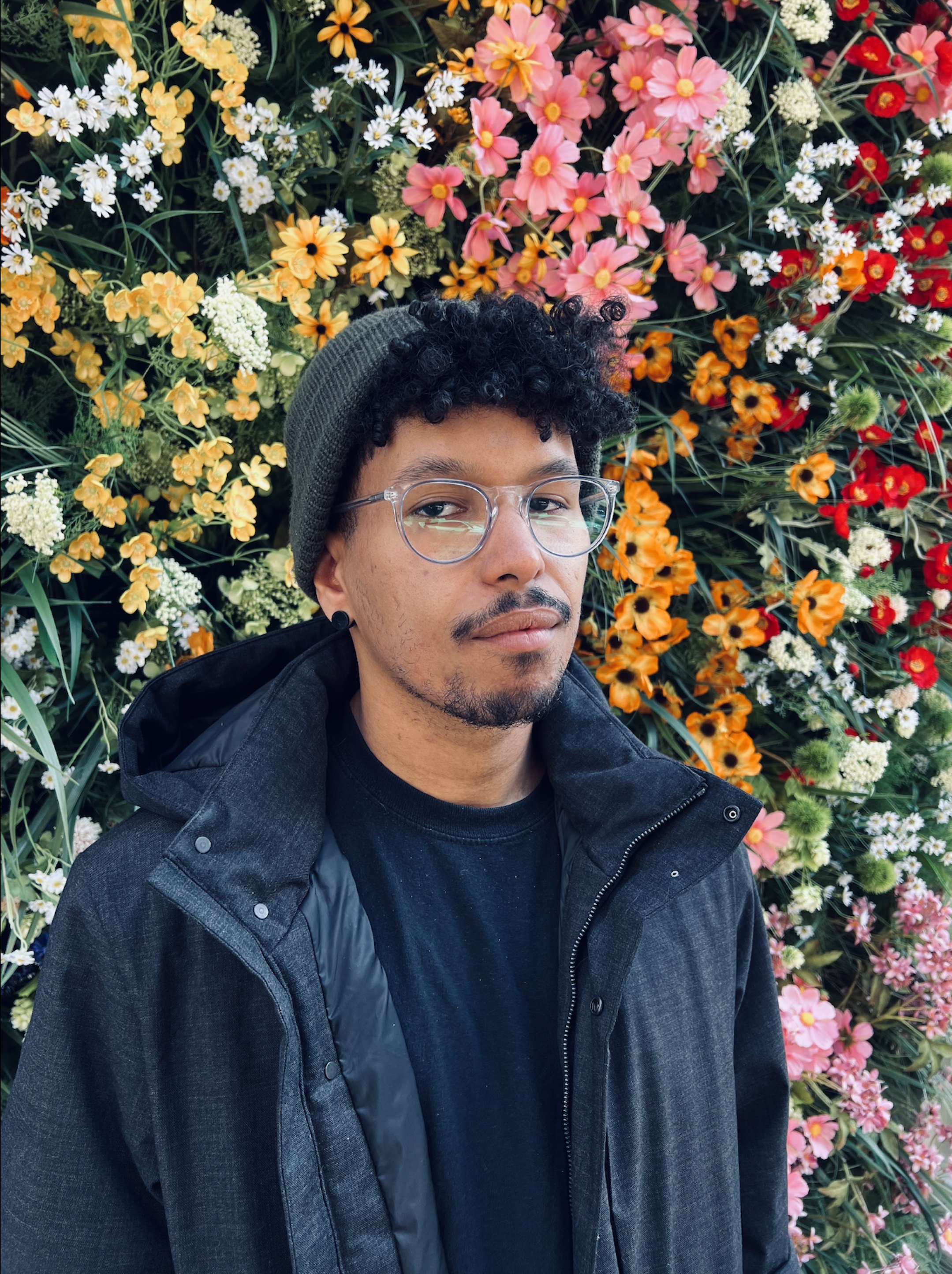
This year for mental health month, we collaborated on a merch drop. These days, it seems like a lot of mental health advocacy is full of flowery messaging and empty platitudes. We wanted to approach things differently, highlighting issues like suicide and the misuse of the phrase “intrusive thoughts.” What was your thought process as you were bringing this merch to life?
I think everything lined up well with my artistic process, because I like design that has a lot of texture and grit. Not in an edgy way, but I always find a sense of beauty and realism in imperfection. It felt good to jump into these designs in a way that felt like second nature to me and also fit the topic well, because as you know, mental health isn’t perfect or one-dimensional.
What do you feel is missing from the current conversation around mental health?
While the acknowledgement of mental health is great, I don’t think there's enough advocacy around actually helping people take care of themselves. In my career, I’ve run into way too many people who fall into a “grind” mindset — working through stress because they don’t want to seem weak — even when jobs mention that they want to “avoid employee burnout.” It's tough, but there are no gold stars or brownie points given to you for pushing through an episode.
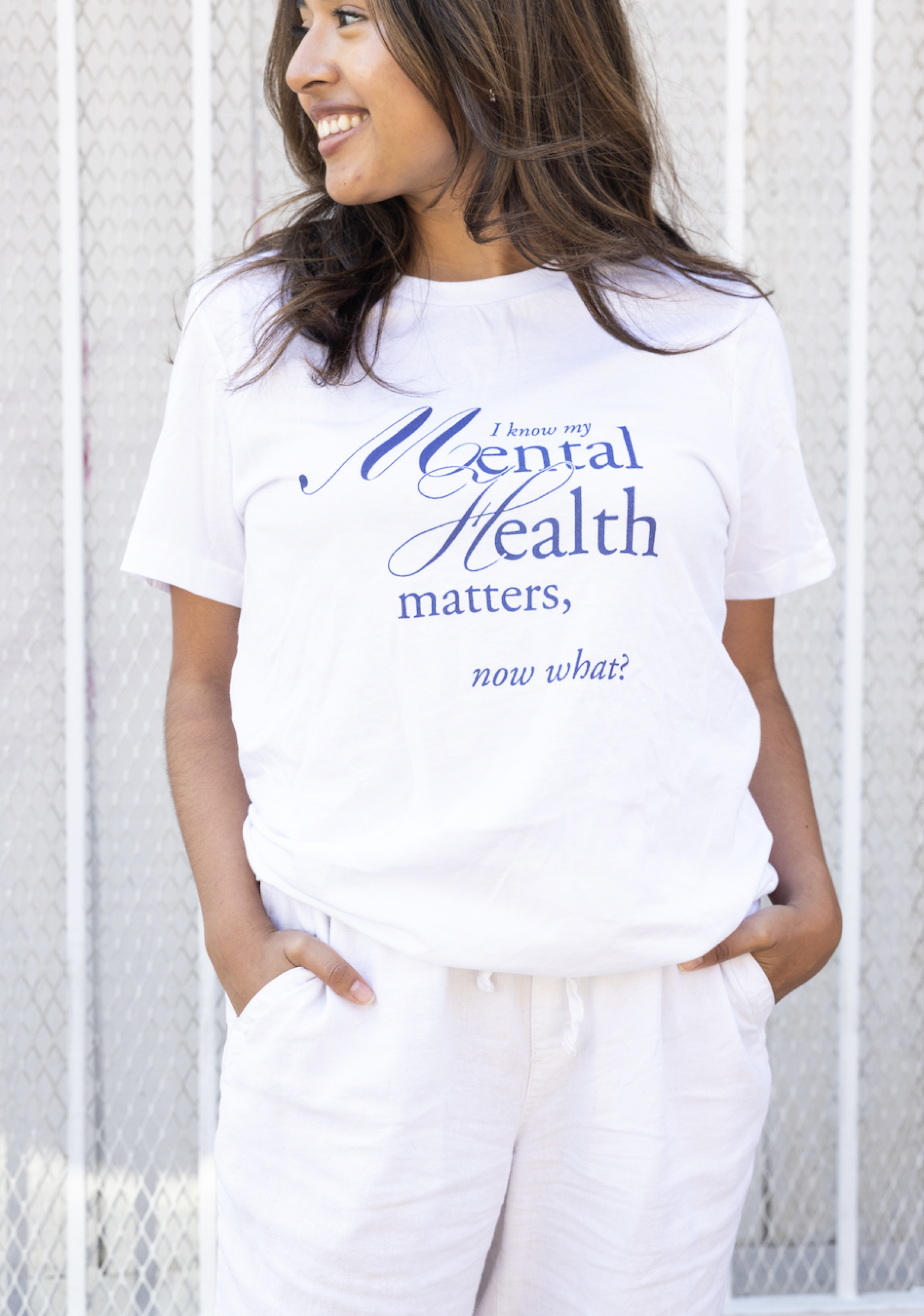
Can you tell us about a time you struggled with mental health?
I was two years into college when I realized I didn’t want to do computer science anymore, so I decided to go to art school. When I got there, I was struggling with imposter syndrome every day trying to keep up with my peers. It felt like they already had a jump start, but I was still learning how to draw. Thankfully, I had some professors and fellow transfer student friends who helped me take my time with learning and not crumble under the pressure. The more work I did, the better I felt about myself.
Then when I got out of college, I still thought everyone else was doing so much better than me. Whenever I tried making art for myself, I would get bogged down thinking about all the critiques and rules I’ve gotten in the past. All of this made me feel like I wasn’t living up to my potential of becoming a “young, successful up-and-coming artist.”
I still struggle with insecurities and moments of low self esteem. Even to this day, I’m shocked when someone tells me they’re impressed by something I’ve made, but I’ve gotten better at not letting that keep me from opportunities. I’m also lucky that I have an extremely supportive wife, Emily, who’s patient with me even when I’m neurotically going back and forth on a decision. Support really matters.
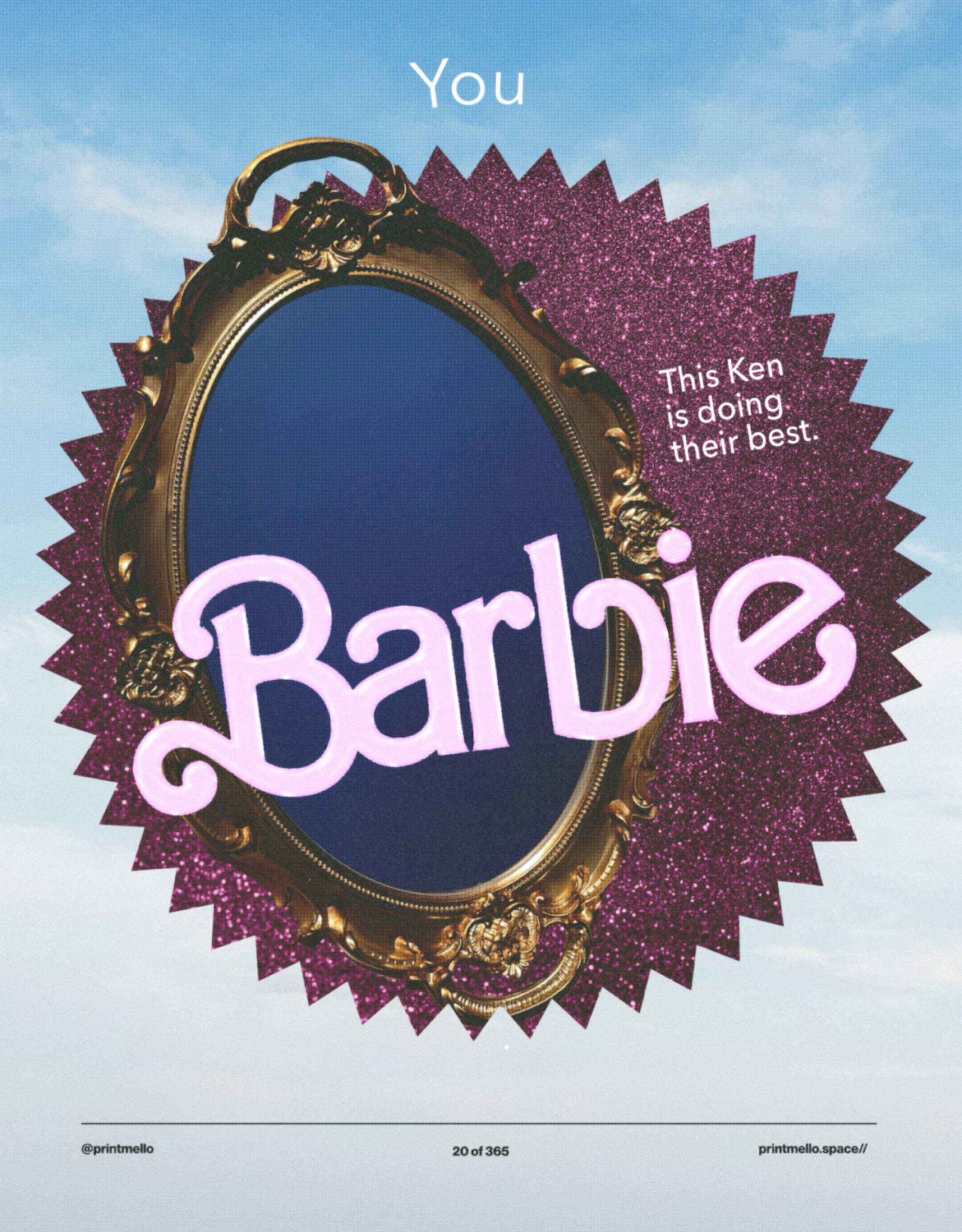
How did the pandemic affect your art? Was there any medium, style, or topic that you explored with more that maybe you wouldn’t have otherwise?
The pandemic hit me hard because even though I’m pretty introverted, I was just at home all day with my thoughts. I was fresh out of college, so I felt like I was wasting time. And as a black man, George Floyd’s murder just made things worse. For a while, I found myself in a spiral of, “Why would I even want to make anything?” Eventually, I decided to make a poster for Black Lives Matter and put it on my IG. I didn’t really have any plans for it — it was just my statement at the time and a way of getting things off my chest. It ended up getting shared around, and people were asking me if they could use it on protest signs around NYC.
That felt really good, because I was able to connect with people through my art at a time where I was feeling really isolated and defeated. I printed the poster out myself and took it to protests, and saw some people in the crowd with the same poster, with my name written on it! I’ll never forget that feeling. That’s when I realized that just putting myself out there had more of an impact than waiting for the perfect moment.
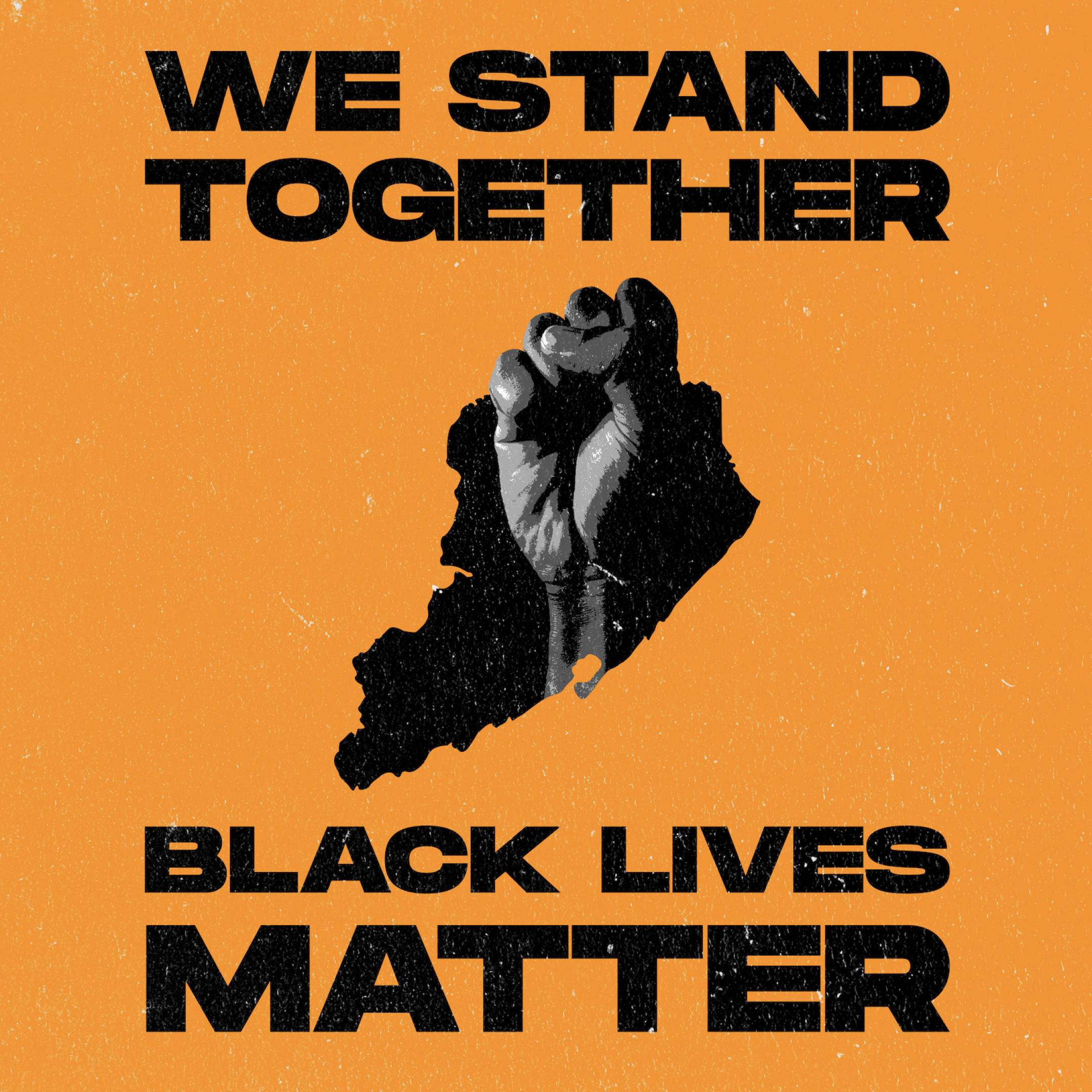
What advice would you give to other young creatives dealing with similar mental health concerns/challenges?
There’s a lot going on nowadays — everyone’s on the internet, everyone’s a designer, and everyone’s better than me. It’s depressing to scroll your feed and think, “I’ll never have as much skill as this person.” I’ve learned that I need to stop thinking about being “the best designer in the world” and instead being “the best designer that Roemello can be.”
I’m a month into a 365 daily design project on my Instagram, which has been great for my mental health because it puts me into a steady flow of making something and not worrying if it’s perfect. Once I post something, I’m like, “Oh I could have shrunk that typeface a bit more” or “Maybe that shade of orange was too dark.” But it’s already out there. It’s getting some likes. No one is complaining. And I’m on to the next one.
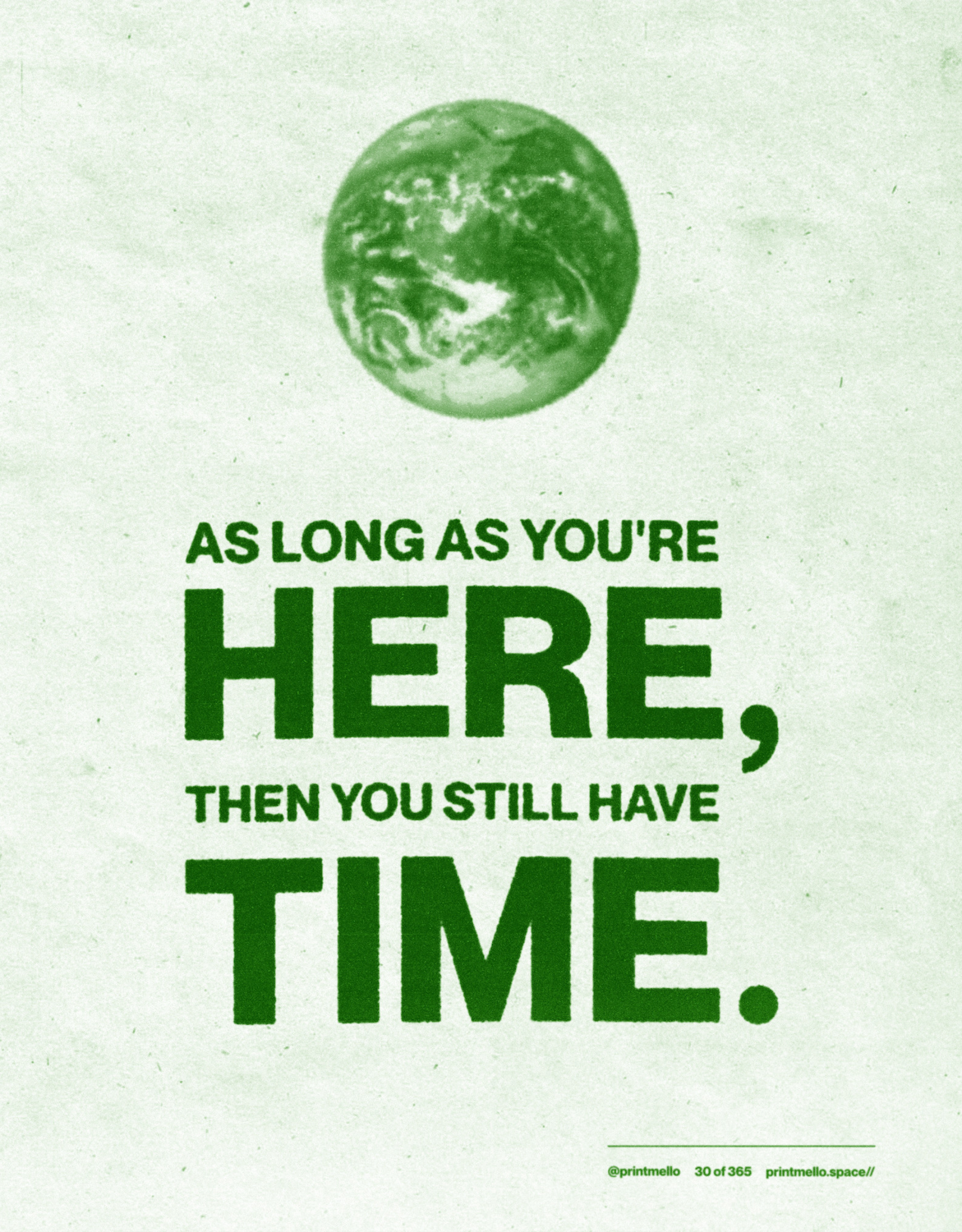
It also makes it easier to make something when it’s just my own silly thoughts, and not some earth-shattering, profound, think piece. My mental health has been improving more as I’ve let go and asked myself, “Does this feel like me?” instead of, “Does this feel like some big name studio?”
So my advice would be to do your best, and just put pen to paper (or hand to mouse, whatever). There’s no point in worrying about being perfect. I used to be so obsessed with making the right thing at the right time, that I just let months go by without making anything outside of work. That mindset didn’t help me at all. When I finally said, “Fuck it” and just made things regardless of timing and perfection, it changed everything.
<>
Roemello can be found at: printmello.space, Linkedin, and Instagram
Support our work
We’re on a mission to change how the world perceives mental health.



















